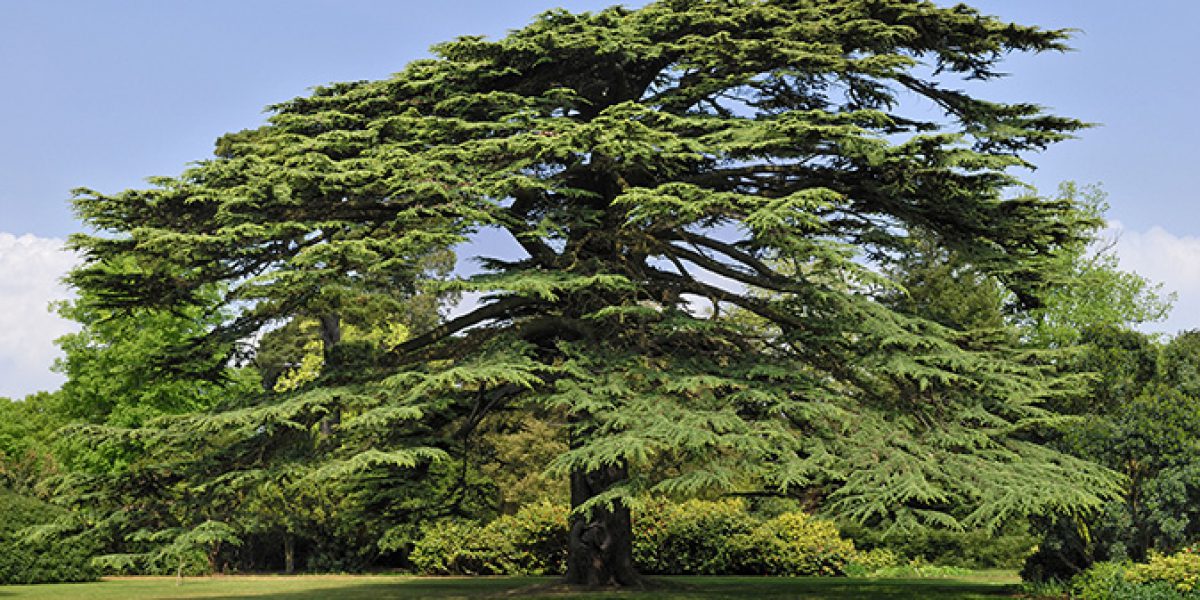Water in an arid region
02 July 2025|Roberta Nikšić

At the beginning of August, on the feast of Our Lady of the Angels, we go on loan. It’s an ancient institution, only it hasn’t died yet, people hire themselves as labor that will come back to them just when they need it. There is a less and less active world in the surrounding fields and gardens, and our friend, almost in the Pope’s age, lives alone in the hills not far from Cetingrad. Somewhere between Kruškovača and Komesarc, on the edge of the green border of the European Union. Her property is a garden of paradise, tucked away by hills, chestnut trees, dogwoods, and at this time ripe blackberries and plums. He is calling us, because this year the plums ripened before Our Lady. It still adheres to those ancient calendars, in which Catholic and Orthodox saints jointly govern the time of sowing and the time of harvest, and the rain is announced by the young moon with their arms. Earthly and natural, holy and heavenly, there are few unholy days in such months. And with all that, comes her storytelling. Slow and thorough, as he works, so he talks. There’s time. And space. He does not measure time in hours, but in meetings. And the silence around her is healing. It reminds me of the novel Storyteller in which M. V. Llosa describes an even more ancient institution. Wandering storytellers would tour the Amazon, and what a ceremony it would be. They would talk all day and night, and people would also listen to them all day and night. They wouldn’t budge.
I think about the lonely storyteller in the hills as we wait in the line of cars. Getting to it, going twenty kilometers, is a real small expedition, because of the border crossing. We bear our own nervousness stoically; it has already ossified. We know how long we have to wait per person or car, and how long it takes to scan documents. Sometimes it takes a while, and the system crashes from the massive scan. From such a sentence, travelers’ nerves flutter, as if another bird is about to steal their nest. And there are a lot of little birds, every Friday they fly out of the nest of the European Union, the tighter it is, the more luxurious their feathers are among us, and when they breathe in their home language, they return to themselves the feathers of European “egrets” and day laborers. Our eyes are already trained for single vehicles, we avoid the column with full cars. A moment of inattention, and everyone could quarrel with each other, because we made the wrong choice. Thanks to the European Union, we have sharpened all our senses. It seems to me that I am sitting with the eagles on some rough hill, and not in golf for working actions.Ten young men from Burundi, for some reason went directly to the Maljevac border crossing, for some reason they believed they could cross, one of them with a long-ago scar on his right cheek, was deep and tough, as was his desire to survive. Border police officers from the Croatian side come to meet them, first two, then two more, and another policewoman. The camera records and remembers, they go to the Bosnian side until they become tiny black dots and blue-blue plums, and they talk. An extremely short, two-minute long conversation between five police officers and ten young men.Police officers who were filmed “on their own” returning migrants across the green border last year were reinstated after a three-month suspension. Both the news and the other have been out of date for a long time. All the same, I imagine in a happy version, maybe the young men just passed through the hornbeam’s shade, and asked for asylum, and now that van, which is in a hurry, will take them to Zagreb. They will rest there, and then they will start their journey to Slovenia, where in July they symbolically, whatever that means, removed part of the old fence. They called it anti-immigrant, as if it were dangerous armies… and not naked “ticks”.The removed fence should make it easier for them… and then Germany, France, Belgium. As one wishes, to the nest of former colonizers.A set of circumstances wished so, and tied the two ends into the same knot. Already next week, August 9, in the morning hours, I look into the face of a young man from Burundi, and he tells me the continuation of the story from the border. His English is fast and flowing, like water that could topple constitutions. How does he speak French, or his mother tongue? Afterwards, they crossed over, passed the border crossing, came out of the forest onto the road, requested asylum, because they were advised to do so. Everything was fine, in perfect order, which was already a bad omen, a van appeared, they boarded them, and with a smile promised to take them to Zagreb. They were joyful, they couldn’t believe it. They drove them and drove them and drove them, unloaded them, and said, go back where you came from. Temporary reception center Lipa. It sounds better than it looks. Twenty kilometers to the first houses. Why so far from everything, they were so tired last time. Along with the asylum, they also asked for water, for a friend who was vomiting. The policeman was joking: can a monkey get sick?I am not appalled, because appalling might sink me, and nothing could be done afterwards. I look into his eyes, they are full of dreams that, I suspect, he will only enjoy from afar. And there is something else in them, a prayer for our waterless regions. Prayer and admonition. Do we have enough water or do we live in an area without water? And for what reason does God keep us alive?
Roberta Nikšić
